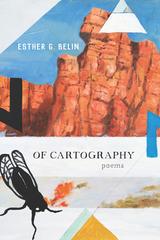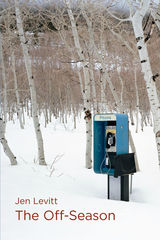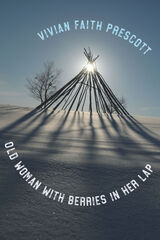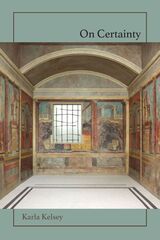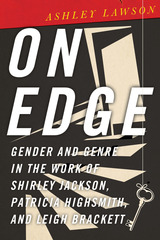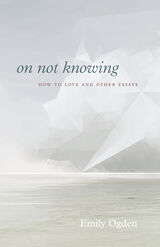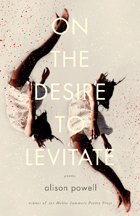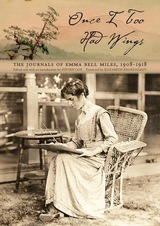Cloth: 978-0-674-54400-0
The career of André Malraux has run the political gamut, from Communist to Gaullist alliances. Malraux has been (occasionally simultaneously) aesthete, agitator, and bureaucrat. He is also generally acknowledged to be one of this century’s major novelists and art critics.
In this study, David Wilkinson attempts to discern and define Malraux’s political concepts. The character and unity of those concepts, he argues, is primarily to be found in Malraux’s direct and indirect declarations on the act of creation, the philosophy of art, and the nature of the artist.
“Malraux’s thought is not simple,” Mr. Wilkinson warns in his Preface. “His writing is unsystematic; and his politics has at all times to be disentangled from the intricacies of a genre other than political thought.” In an intensive examination of Malraux’s fiction, essays, and speeches, Mr. Wilkinson delineates Malraux’s conviction that the deepest human needs are those which are cultural rather than, say, economic. The aspirations that were once satisfied by religion are, in a secular world, fulfilled by artistic creation; this creativity, in turn, is fostered by the recognition and appreciation of the objects of culture from all ages and regions, and it therefore devolves upon the state to take as one of its central activities the massive dissemination of these objects.
Mr. Wilkinson’s approach—a chronological dissection of the political themes implicit in Malraux’s work—illuminates the essential continuity and significance of Malraux’s thought and reveals a man who is complex but comprehensible.
See other books on: Essay | Literary Criticism | Malraux | Political Criticism
See other titles from Harvard University Press

